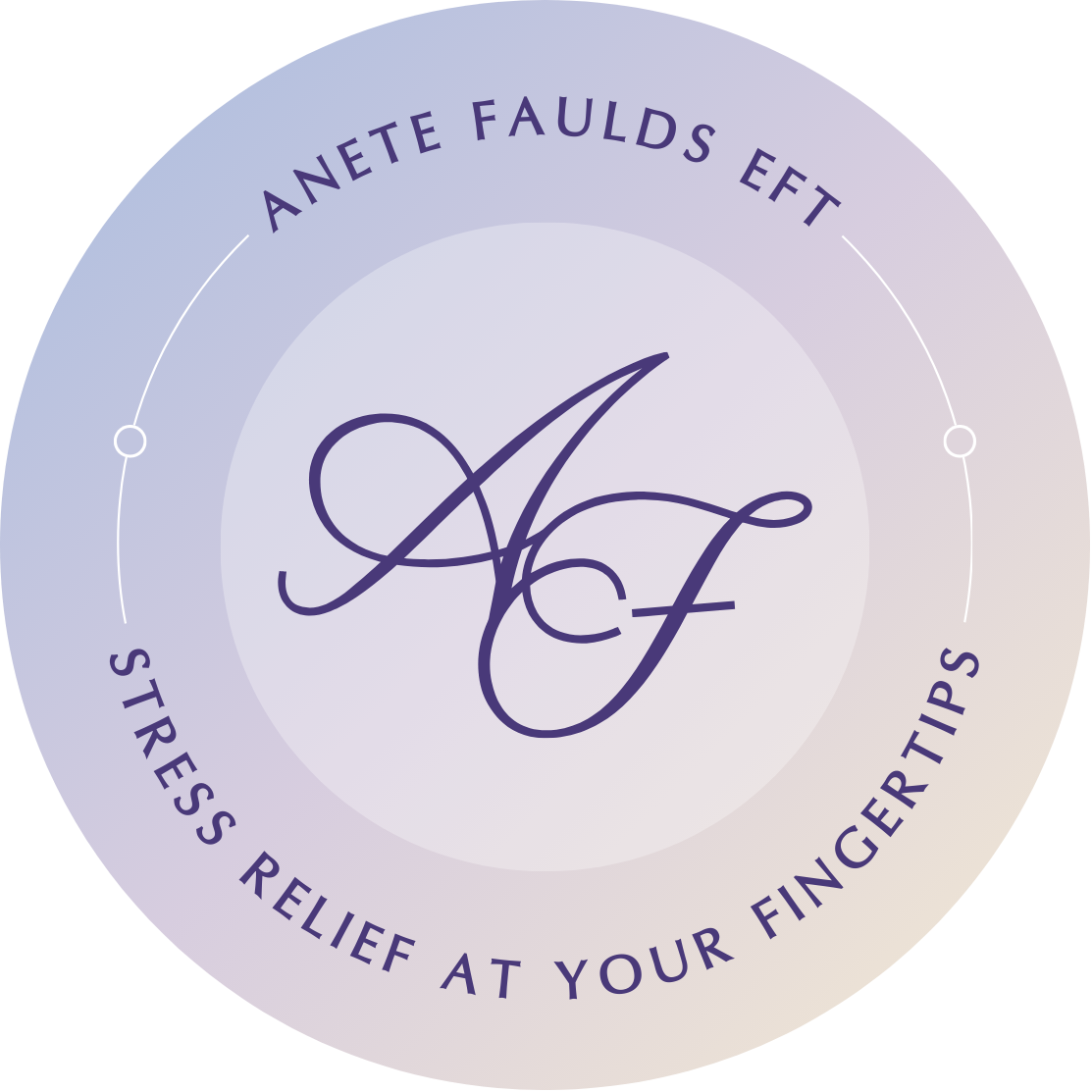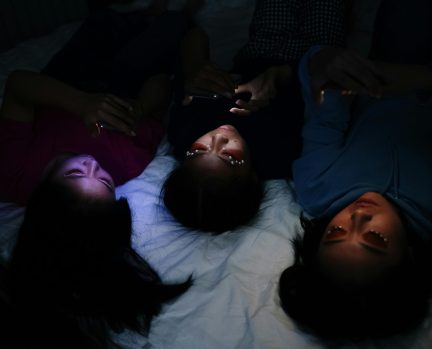Estimated Reading Time: 3-4 minutes
Is Social Media Really Making Us Happier?
We live in a hyper-connected world, yet more people than ever report feeling lonely, anxious, and mentally exhausted.
Social media was designed to bring us together, but excessive use can actually create more stress, more comparison, and more emotional distance than ever before.
Let’s explore the hidden effects of social media and how it might be affecting you—without you even realising it.
My Personal Experience
The other day, I was scrolling through Facebook when I came across a post that left me with a tight ache in my chest and feeling physically sick.
Have you ever had similar experiences?
It wasn’t the first time social media had made me feel this way, but in that moment, I was reminded why I deleted Instagram, TikTok, and limited Facebook to just 20 minutes a day.
A single post, comment, or news article can send you into a spiral of stress or anxiety. Studies now confirm that too much exposure to social platforms can negatively impact our mental, physical, and social well-being.
1. The Mental & Emotional Impact of Social Media Overload
Social media is designed to keep us hooked, triggering dopamine hits that make us crave more likes, more comments, more content.
But behind the screen, this constant stimulation can lead to:
🚨 Exposure to Traumatic Content
- Exposure to traumatic events through both social media and television can contribute to PTSD symptoms.
- Media exposure to distressing events is associated with acute stress and PTSD-like symptoms, even in those not directly affected.
- Constant exposure to distressing news or violent videos can keep your nervous system in a heightened state of alertness, increasing anxiety and emotional exhaustion.
😨 Increased Anxiety & Stress
- Doomscrolling exposes you to a never-ending cycle of bad news, creating chronic stress.
- Fear-based content increases emotional reactivity, leaving you feeling on edge or mentally exhausted.
- The fear of missing out (FOMO) can make you feel like you’re not doing enough in life, adding unnecessary stress.
📉 Comparison Trap & Low Self-Esteem
- Social media magnifies unrealistic standards of beauty, success, and happiness, making users feel inadequate.
- Studies show a direct link between social media use and higher rates of depression, especially in teens and young adults.
- The curated highlight reels we see online distort our perception of reality, making us feel like we’re constantly falling short.
💛 Need a Quick Reset? Try This Free Stress Relief Audio
If scrolling through social media has been leaving you feeling anxious or overwhelmed, I’ve created a Stress Relief & Relaxation Audio to help you calm your nervous system and release tension in just minutes.
💛 It’s under 15 minutes and can be used anytime, even while multitasking.
🎧 Download Your Free Stress Relief Audio Here
2. The Physical Impact: How Social Media Affects Your Body
Excessive social media use isn’t just affecting your mind—it’s also taking a toll on your physical health.
😴 Poor Sleep & Increased Fatigue
- Blue light exposure from screens disrupts melatonin production, making it harder to fall asleep.
- Scrolling before bed overstimulates the brain, making deep, restorative sleep more difficult.
- Lack of quality sleep is linked to brain fog, irritability, and increased cortisol (stress hormone) levels.
🤕 Tension & Brain Fog
- Spending too much time on devices leads to eye strain, headaches, and tension in the neck and shoulders.
- Our brains aren’t wired for constant information overload, which can lead to:
- Difficulty concentrating
- Decision fatigue
- Increased mental burnout
3. The Social Impact: Why Social Media Is Making Us Less Connected
We’re wired for real, face-to-face social interaction, yet excessive social media use interferes with that.
According to Polyvagal Theory, developed by Dr. Stephen Porges, our nervous system relies on human interaction (eye contact, voice tone, and body language) to feel safe and connected.
Without these biological cues, social media interactions lack emotional depth, leading to:
💬 Superficial Interactions Replace Meaningful Connection
- Liking a post isn’t the same as a real conversation—social media gives the illusion of connection.
- Overuse of digital communication can reduce empathy and real-world social skills.
- Passive scrolling makes us feel more isolated, especially when comparing ourselves to others.
😞 Increased Feelings of Loneliness
- A study found that limiting social media use significantly decreases loneliness and depression.
- Digital interactions replace deeper, real-world relationships, making people feel disconnected.
- Social media encourages comparison and surface-level engagement, amplifying feelings of isolation.
How to Take Back Control & Reduce Social Media Stress
Social media is a huge part of our lives—it connects us (in a way), informs us, and entertains us. But when it starts to feel overwhelming, distracting, or draining, it’s time to take back control.
I haven’t quit social media (I'm there for my book recommendations), but I’ve set healthy boundaries to protect my peace. And that’s the key—you don’t have to quit completely to feel better. Moderation is often the answer, not just for phone use but in many areas of life. Being intentional about how and when you use social media can improve your mental clarity, emotional well-being, and even your sleep quality.
✅ Simple Ways to Reduce Social Media Stress
Here are some things you can do to help with reducing stress from being exposed to social media. Don't feel like you need to do them all at once or even ever. Just pick one and go with it. We all start somewhere.
✔ Set App Limits – Use built-in tools like Screen Time (iPhone) or Digital Wellbeing (Android) to track and limit your social media use. Even reducing your scrolling time by 10 minutes a day can make a noticeable difference.
✔ Create Phone-Free Zones – Keep your bedroom a tech-free space for better sleep and relaxation.
✔ Curate Your Feed – Unfollow or mute accounts that trigger comparison, stress, or negativity. Instead, follow pages that uplift, inspire, or bring you joy. Social media could perhaps add value to your life, not drain it.
✔ Replace Scrolling with Something Calming –If you find yourself reaching for your phone out of habit, swap it for a mindful moment instead. Try:
- 🎧 Listening to soothing audio (nature sounds, calming music, or an uplifting podcast)
- 🌿 A quick 1-minute meditation or visualization
- 🌬️ A simple guided breathing exercise to reset your nervous system
🎧 Want to Reduce Stress Instantly? Try This Free Audio
If social media is making you feel overwhelmed, I’ve created a Stress Relief & Relaxation Audio designed to help you calm your nervous system and let go of tension in minutes.
💛 It’s under 15 minutes and easy to use—even if you’re busy.
🎧 Download Your Free Stress Relief Audio Here
Give yourself a break from the digital noise and experience instant relief from stress. You deserve it.
Love,
Anete X
References
-
BMC Public Health – Exposure to traumatic events through media & PTSD symptoms.
https://pmc.ncbi.nlm.nih.gov/articles/PMC8656276/ -
SAGE Journals – Media exposure to distressing events & acute stress.
https://journals.sagepub.com/doi/full/10.1177/2167702619858300 -
Verywell Mind – The effects of doomscrolling on anxiety.
https://www.verywellmind.com/ -
McLean Hospital – Social media, depression, and mental health.
https://www.mcleanhospital.org/ -
National Library of Medicine – The impact of social media on mental health.
https://pubmed.ncbi.nlm.nih.gov/ -
Polyvagal Theory – Dr. Stephen Porges' research.
https://www.stephenporges.com/

